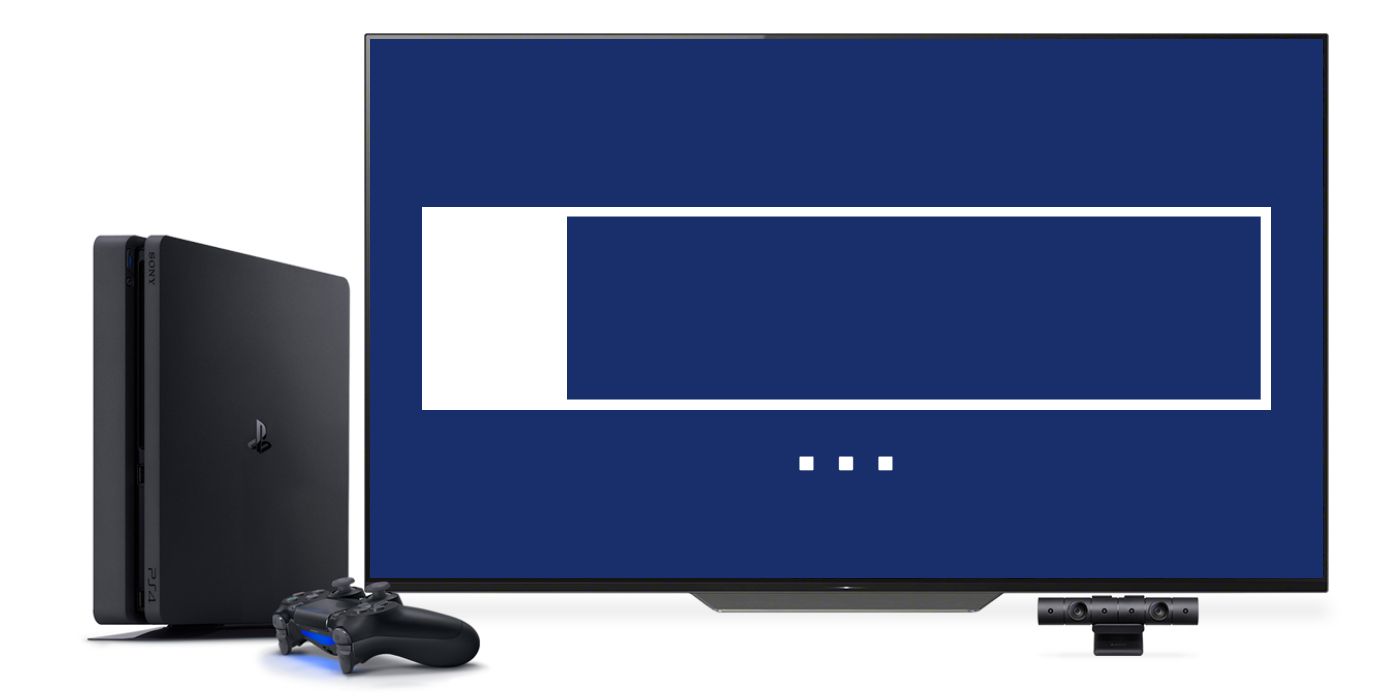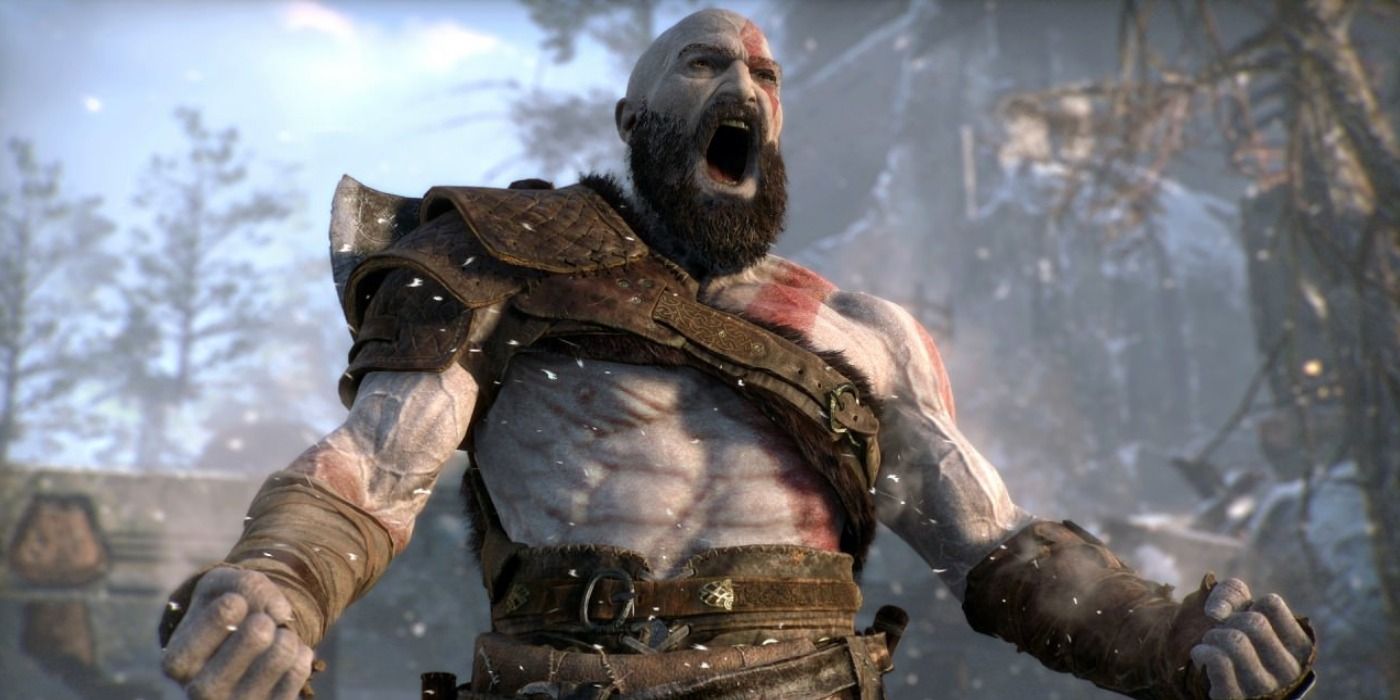Sony's PlayStation 4 console is almost seven years old in 2020, meaning some of its processes can feel archaic and slow - most notably, copying update files. The fact that the PS4 needs to copy updates is strange and annoying to many gamers, but the slow process of copying is necessary and can only be sped up with better hardware.
Since its launch in 2013, the PS4 has seen two revisions: the "slim" and the Pro. The slim model simply packed the original's components into a smaller, quieter shell, while the PS4 Pro's upgraded specs added additional processing power to help games run smoother. The PlayStation 5 will soon replace the all three models' now-outdated hardware, possibly even with backward compatibility for Ps4 and earlier PlayStation system games. In the meantime, PS4 owners are stuck with slow load times and slower updates.
Many PS4 owners, while sitting through potentially hour-long copying sessions, likely wonder why the PS4 needs to copy updates in the first place. Often, a rather small patch for a game will download in almost no time at all, but then the PS4 enters the "Copying update file..." stage, which takes much longer. The PS4's copying update data process seems to have been added sometime in 2017 (possibly in system update 4.50, which added support for USB storage devices) in an effort to avoid data corruption. Essentially, what Sony calls "copying" appears to be an extra safe way of installing smaller-than-normal update files.
As explained by Quora user Andrew Fox, the copying process seems to be a side effect of Sony sending out bandwidth-saving, small update files. If a game has a 20GB file, but only 5MB of data within it needs to be changed, Fox said, a developer can just send out that 5MB of data over the internet and let the PS4 to do the rest. The unfortunate consequence of this bandwidth preservation is that, in order to install the 5MB change, the PS4 needs to rewrite (i.e. "copy") the entire 20GB file, integrating the 5MB patch as it goes. This process makes it as if the entire file had been downloaded fresh, reducing the risk of the 5MB patch causing problems with any old, conflicting data.
As games continue getting bigger and bigger, this process will take even longer. If a 2.5GB patch consists of data that needs to be distributed to game files totaling 100GB, all 100GB worth of files need to be copied. The only way this could be sped up is if the PS4's internal processor got faster, so PlayStation fans will have to wait for a next-gen hardware change for the problem to be solved. Luckily, the same SSD processor that will potentially end PS5 loading screens could dramatically increase the speed at which update files are copied.
The PlayStation 4 released on November 15, 2013.


